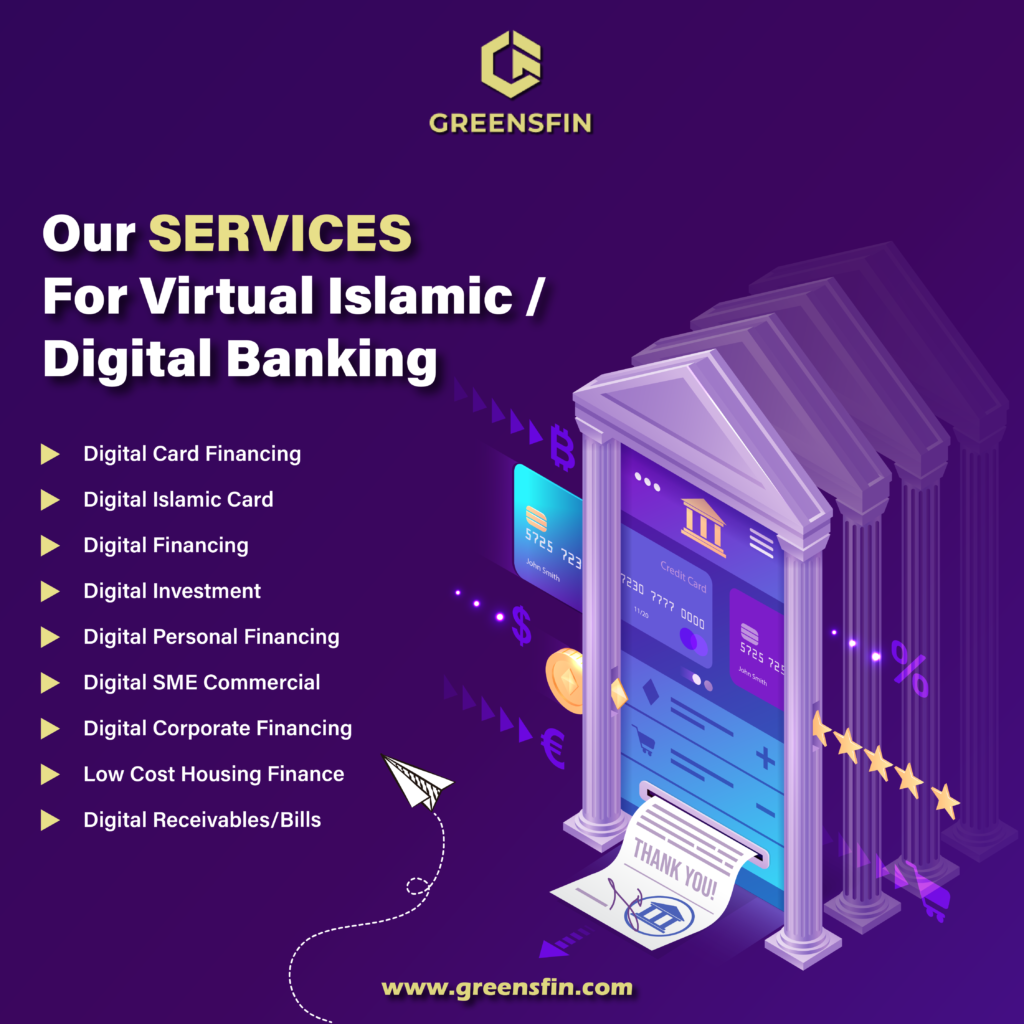Abhi Financing
ABHI is a fintech company that financially empowers your business and
employees, providing Earned Wage Access, Invoice Factoring, and Payroll Solutions
CredeitBook
(CreditBook launched in 2020 with a single aim: to improve the financial
outcomes of small and medium businesses across Pakistan. Starting with a simple digital
ledger, the company has been building secure software for millions of businesses to manage
their credit, sales and expense cycles)
Finja
(Finja is a new age financial services platform for professionals, merchants (Karyana
shops) and SME businesses addressing their payments, collections)
Foree Sahulat
(Foree Sahulat by Marshfin (Pvt.) Ltd is an FinTech led start-up with a
primary objective to provide access to finance to SMEs and their employees)
Kistpay
Kistpay (was formed by Asif Jafri and Amir Jafri, who are also the founders of e.ocean,
Pakistan’s largest Digital Communications Solution Provider, Their mission is to bring the
next billion users online by providing smartphone access through a Shariah Compliant BNPL
financing model.
Tez Financials
Tez empowers users to take control of their lives by providing them fast,
easy and secure access to financial services. From instant financing to takaful and savings,
all offered though a single mobile application, Tez is rapidly changing the lives of Pakistanis!
adalfi
Takaful Bazar
Takaful Bazar(A Takaful Tech Company)






